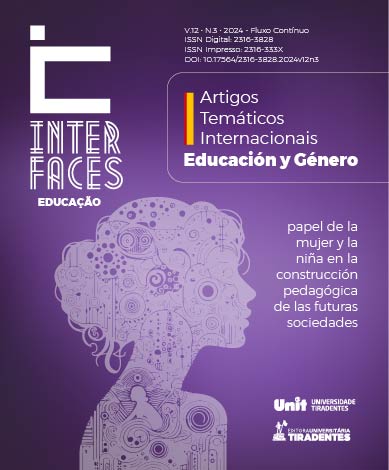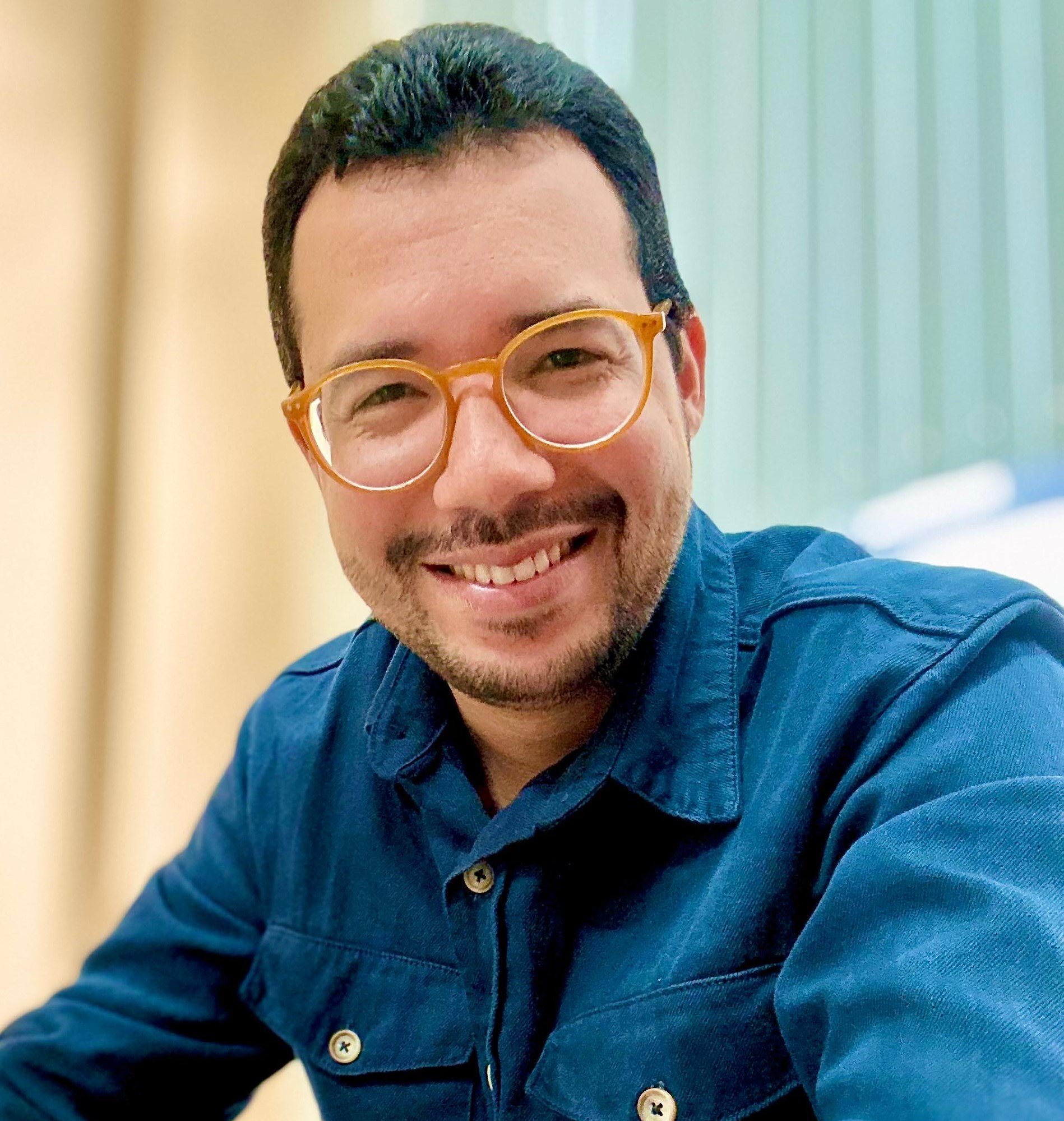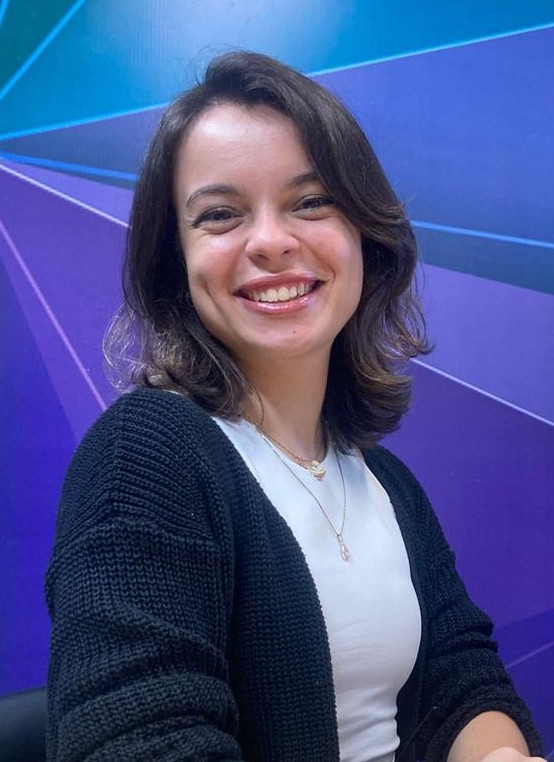PRÁTICAS MEDITATIVAS E EDUCAÇÃO NÃO FORMAL: FORMAÇÃO PARA O ESCAPISMO OU PARA A IMPLICAÇÃO SOCIAL?
DOI:
https://doi.org/10.17564/2316-3828.2025v13n1p322-336Keywords:
. Educação, Modernidade., Letramento DecolonialPublished
Downloads
Downloads
Issue
Section
License
Copyright (c) 2025 Interfaces Científicas - Educação

This work is licensed under a Creative Commons Attribution-NonCommercial 4.0 International License.
A Revista oferece acesso livre e imediato ao seu conteúdo, seguindo o princípio de que disponibilizar gratuitamente o conhecimento científico contribui para a democratização do saber. Assume-se que, ao submeter um artigo, o(a) autor(a) se reconhece como detentor(a) do direito autoral sobre ele e autoriza seu livre uso pelos leitores, podendo ser, além de lido, baixado, copiado, distribuído e impresso.Abstract
This article addresses the issue of whether meditative practice can provide practitioners with the means to pursue and develop cultural transformation through social engagement and involvement. It aims to identify and analyze the processes and practices of meditation within the field of non-formal education, as well as the personal and societal developmental projects embedded in these proposals. The study adopts a qualitative, participatory approach with descriptive and analytical objectives. Data collection procedures include field journals and interviews with five participants selected through the snowball sampling technique, using a semi-structured interview guide, audio recordings, and transcription. The theoretical framework is based on decolonial authors and scholars from the field of non-formal education. The data align with the social dimension of education as they focus on socialization, solidarity, concern for social change, and the formation of individuals within their social spaces through meditative practices. It is concluded that meditation, as an educational practice in non-formal education, operates through access to an alternative way of feeling and being, which fosters cultural change. However, what Walsh (2013) refers to as action-reflection-action is needed in order to transcend modernity and coloniality. Thus, by combining potentially educational spaces with collective engagement in interventions, cracks are opened in the walls of the hegemonic capitalist, modern, colonial, heteronormative, and anthropocentric system.
How to Cite
References
AFONSO, Almerindo Janela. Os Lugares da Educação. In: SIMSON, O. R. de M. von,
ALBERTI. Verena. Manual de História Oral. 3a. Ed. Rio de Janeiro: Editora FGV, 2013.
DANOWSKI, Deborah; de CASTRO, Eduardo Viveiros. Há mundo por vir?: Ensaio sobre os medos e os fins. São Paulo: Instituto Socioambiental, 2014.
FERNANDES. Renata S.; GARCIA. Valéria A. Educação não formal no contexto brasileiro e internacional: tensões que perpassam a formulação conceitual. v. 26, n. 2, Passo Fundo, maio/ago. 2019. p. 498-517.
GARCIA, Valéria A. O papel da questão social e da educação não formal nas discussões e ações educacionais. Revista de ciências da educação, v.18, 2008. p. 65-97.
GRACIA, Agustina. Curación, cuerpo y emociones en la “Llave Mariana”: un abordaje antropológico. Relig. soc., Rio de Janeiro, v.38, n.1, abr. 2018. p. 136-158. Disponível em: <http://www.scielo.br/scielo.php?script=sci_arttext&pid=S0100-85872018000100136&lng=pt&nrm=iso> Acesso em 25 nov.2019
GOHN, Maria da Glória. Educação não-formal e cultura política: impactos sobre o associativismo do terceiro setor. 2. ed. São Paulo: Cortez, 2001, 120 p.
GOHN, Maria da Glória. Movimentos sociais na contemporaneidade. Revista Brasileira de Educação, Rio de Janeiro, n. 47, mai./ago. 2011, p. 333-361. Disponível em: <http://www.scielo.br/pdf/rbedu/v16n47/v16n47a05.pdf.> Acesso em: 10 nov.2018.
MATURANA R., Humberto. Emoções e linguagem na educação e na política. Tradução: José Fernando Campos Fortes. - Belo Horizonte: Ed. UFMG, 1998.
MATURANA R., Humberto; VERDER-ZOLEER, Gerda. (1993). Amar e brincar: Fundamentos esquecidos do humano. São Paulo: Palas Athena, 2009.
NARANJO, Cláudio. Mudar a Educação para mudar o mundo: O desafio do milênio. Editora Verbena: Brasília, 2015.
SANTOS, Caio Capella Ribeiro. A morada do Lótus: a prática de meditação em um Centro Budista de linhagem tibetana localizado em Brasília. 2018. xv, 162 f., il. Dissertação (Mestrado em Antropologia Social), Universidade de Brasília, Brasília, 2018.
SARRAZIN, Jean Paul. Budismo universal, budismo individual: Análise do crescente interesse ocidental pela espiritualidade oriental. Escritos - Fac. Filos. Let. Univ. Pontif. Bolívar. Bogotá, v.25, n.54. jun. 2017. p. 59-81. Disponível em <http://www.scielo.org.co/scielo.php?script=sci_arttext&pid=S0120-12632017000100059&lng=pt&nrm=iso> Acesso em: 28 nov.2019.
VINUTO, Juliana. A amostragem em bola de neve na pesquisa qualitativa: um debate em aberto. Temáticas, Campinas, 22, (44): 203-220, ago/dez. 2014
WALSH, Catherine. Interculturalidad, Estado, sociedad. Luchas (de)coloniales de nuestra, Quito: UASB & Abya-Yala, 2009.
WALSH. Catherine. Gritos, gritas y siembras de vida: Entretejeres de lo pedagógico y lo decolonial. In: Pedagogías decoloniales. Prácticas insurgentes de resistir, (re) existir y (re) vivir, Tomo II. Quito: Abya Yala, 2017.


















